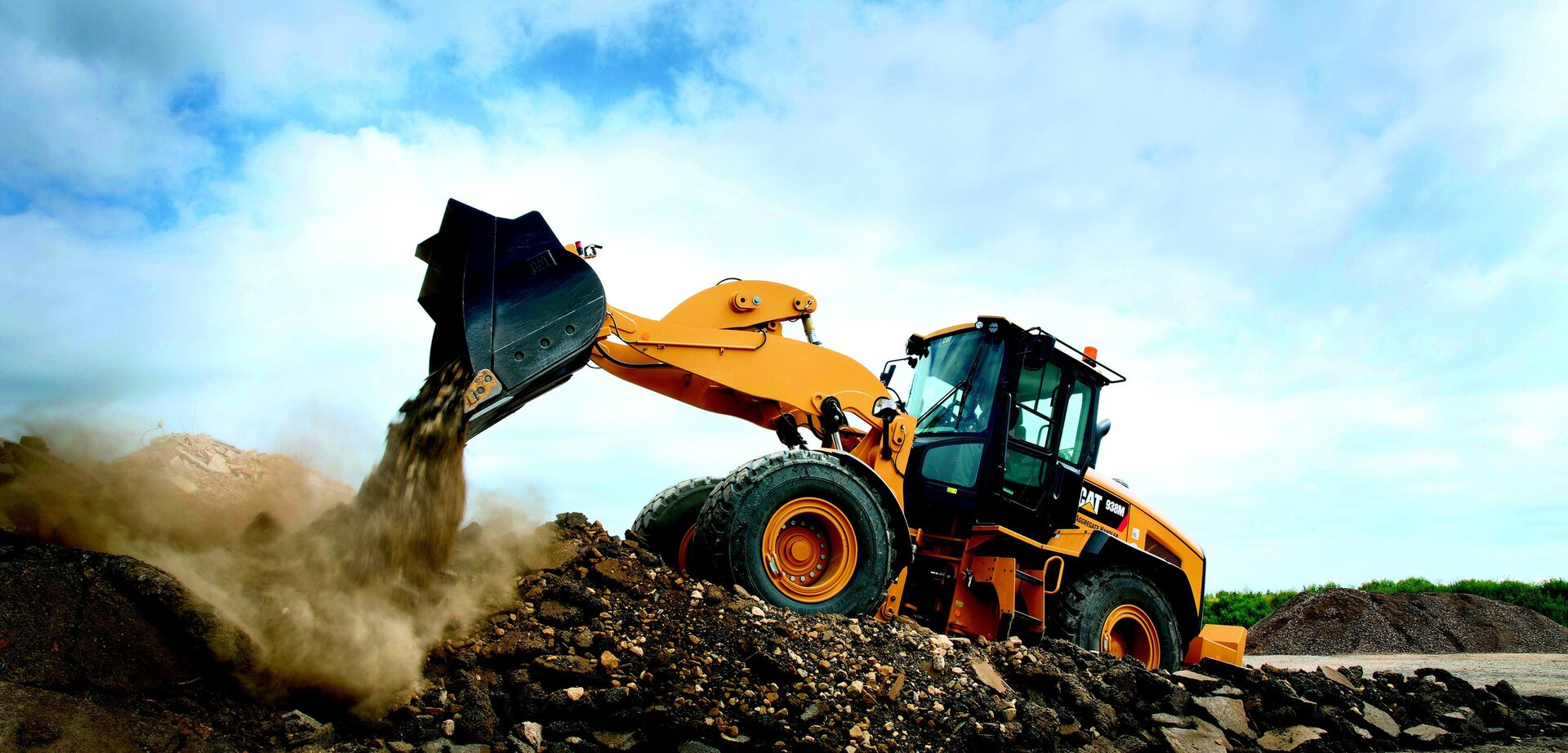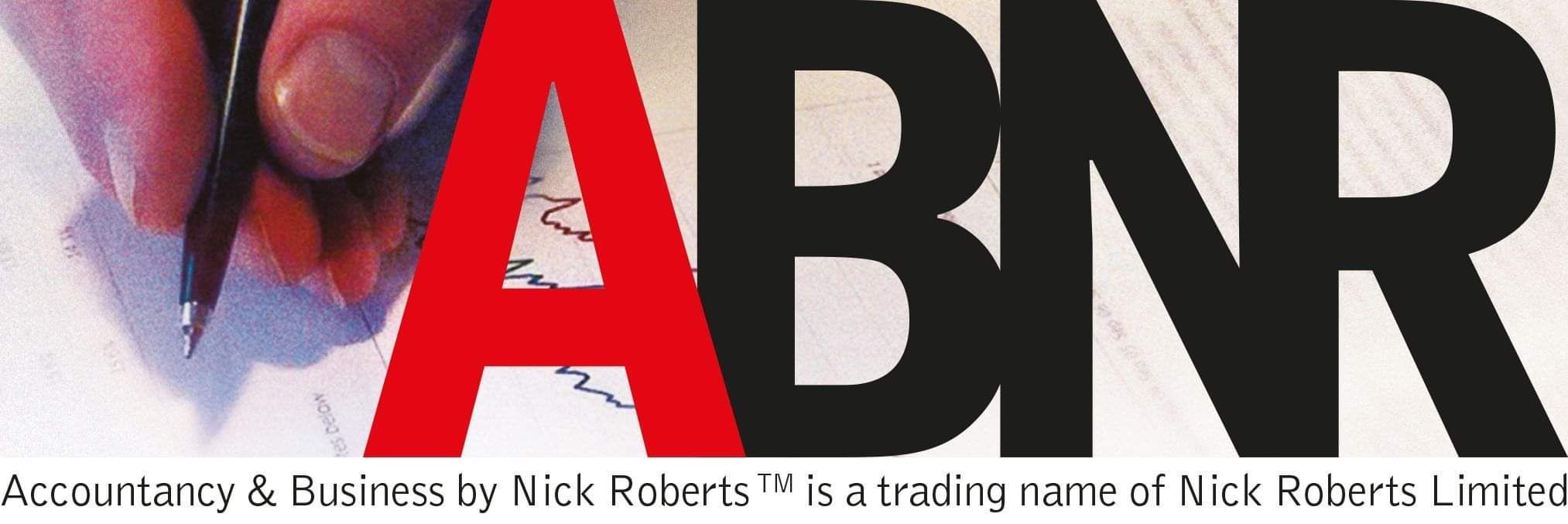It’s tempting to put off replacing your work vehicle but there comes a point when reliability and maintenance become a nuisance and expensive which means the depreciation suffered on a newer model look more palatable.
I don’t know about you but I think depreciation is downright nasty and more often than not, the most overlooked motoring cost. I recently met a Holden V8 owner who had paid $65K not quite 4 years ago who was complaining that his car was now worth under $20K – the deprecation had cost him 60c per km!
Cash or Borrow?
Firstly, if you have the cash in the bank should you finance the car or use the cash? A perennial question, which is difficult to answer without knowing someone’s circumstances in full but here are a few things to consider:
- How much cash do you have? You should always maintain an emergency fund as you never know what’s around the corner.
- How easy or quick will it be to borrow if need be?
- What other borrowings do you have?
- What would happen if your income ceased upon which you are reliant to repay the borrowings?
- What interest are you getting on your invested cash as opposed to the interest rate on the borrowings?
- Are your savings safe or at risk?
- What tax are you paying on the investment returns?
- Will you get a tax deduction on the interest paid if you finance the vehicle?
Financing
Need to borrow? Assuming you can’t get “soft” finance from a family member or can’t borrow at a lower rate, perhaps secured on property (remembering that longer term financing is going to cost you loads more over the longer term), you will be faced with a choice of two options, to ‘Lease’ or ‘Purchase’.
Lease
You should always remember that vehicle leases were invented by the motoring industry to try and get us to buy vehicles that we can’t really afford! What that means is that leasing is a minefield, full of traps for the unwary where what looks cheap is probably going to cost you much more!
That said, leasing can be a good option if:
- You always want to drive a vehicle less than 3 years old (in NZ where plates do not identify the year of purchase why on earth would you?).
- If you are short of cash upfront, but do have good cash flow.
- You do actually want to drive a car you can’t actually afford and are happy with a huge balloon payment at the end of the lease attracting high finance costs!
When you lease, you pay an amount based on only a portion of a vehicle’s cost, which is the part that you use for the duration of the lease. You have the option of not making any deposit and your monthly payments are fully claimable as an expense. You make your first payment at the time you sign the lease.
There are two types of lease, an operating lease or a standard lease.
An Operating Lease is a contract for the use of a new vehicle for a fixed period. It is usually 36 months and the first payment is in advance. At the end of the lease period you hand the car back and never take ownership. Assuming the mileage is within the range set in the contract there will be no further payments required from the user. Personally I’ve always thought this daft – why have a vehicle where you have to worry about not being able to go places?
Operating Leases can either be inclusive of full maintenance or not. Obviously the full maintenance options would mean significantly higher monthly lease payments.
A Standard Lease is also a contract for the use of a new vehicle for a fixed period. However a Standard Lease takes into account the likely value of the car at end of the lease period. This value at the end is called the ‘residual value’
A Standard Lease with a residual value tends to have a lower monthly payment than either type of Operating Lease. Further the lessee can usually buy the vehicle for the residual value at the end of the lease period. If the user’s use of the vehicle is greater than normal then there is a chance that the vehicle will be worth less than its residual value. If that is the case then there is an extra cost to the lessee.
Buying
When you buy, you pay for the total cost of a vehicle regardless of how many kilometres you drive it. You make a deposit, and pay an interest rate determined by the Finance Company or Bank. You make the first payment a month after signing the contract and can select the period of time you wish the Hire Purchase/Loan to be spread over.
Once the Hire Purchase or loan balance has been repaid you will own an asset – given the nature of most vehicles the asset will be worth less than what you paid for it – however it will still have a value. If at this point you want to upgrade to a newer vehicle you will have some equity that you can use as a deposit on a new vehicle. Alternatively you could continue to use the vehicle debt free – you have to remember however that the age of the vehicle may mean that your repair costs may be higher – this will depend in part on how well you have maintained it in the first few years you owned it.
What should you consider when comparing lease options versus buy options?
Leases and loans are simply two different methods of vehicle financing. Leases finance the use of a vehicle, whereas Hire Purchase or loans finance the purchase of a vehicle.
Each has its own benefits and drawbacks depending on your personal circumstances but some things to think about include:
- Is having some ownership in your vehicle more important than low upfront costs and no deposit?
- Do you need the use of a new vehicle but do not have the funds for a deposit upfront?
- Is it important to you to pay off your vehicle and be debt free for a while, even if it means higher monthly payments for the first few years?
- What will be your likely funds position at the end of the lease or loan period?
- These days there are no risks of major repairs because nearly all new cars have extended warranties of 3 – 5 years and a minimum of 100,000 kilometres on the speedometer.
- With leases you will be locked-in, whereas buying options tend to be more flexible.
Tax
From the tax point of view a further complication arises as all leases have to be categorised as Finance Leases or Operating Leases. Vehicle leases are deemed to be Finance leases if the intention is that the vehicle’s ownership transfers to the lessee at the end of the lease agreement, the lease term is more than 75% of the asset’s useful life and the lease includes an option to acquire the asset at the end of the term for less than its market value.
With Operating Leases all payments are treated as 100% tax deductible and the GST component of each payment can be claimed. Finance Leases are treated like loans or Hire Purchase and the lessee is deemed to be the owner of the asset. As a result, instead of claiming the actual lease payments as deductible business expense, the lessee is only able to claim the interest component and the allowable IRD approved annual depreciation. The GST on the vehicle is claimable up-front at the time of purchase.
Our Advice
The most important point to note is that over the normal period for Leases or Hire Purchase (usually 3 years) the overall cost of owning or leasing a vehicle works out to be approximately the same over the three years when all cost factors are taken into account. It is therefore your personal circumstances which should dictate which option you take.
However you finance your purchase, the underlying finance rate is also of key importance, so shop around for the best deal and don’t be fooled by the level of the monthly payments which are often completely misleading. Remember too that the commission the dealer gets for selling you the finance is often more than the margin they make on the vehicle, so always get quotes from elsewhere.
Buying a new vehicle is an expensive exercise and you should always “crunch” the numbers before making a decision and here’s where we can help as Our Vehicle – Buy vs. Lease vs. HIRE PURCHASE Asset Analysis allows us to compare the various options of leasing versus buying.
If you are still unsure about how to proceed, contact Nick and we can talk through the implications as having another person to discuss these options will make the decision easier.


